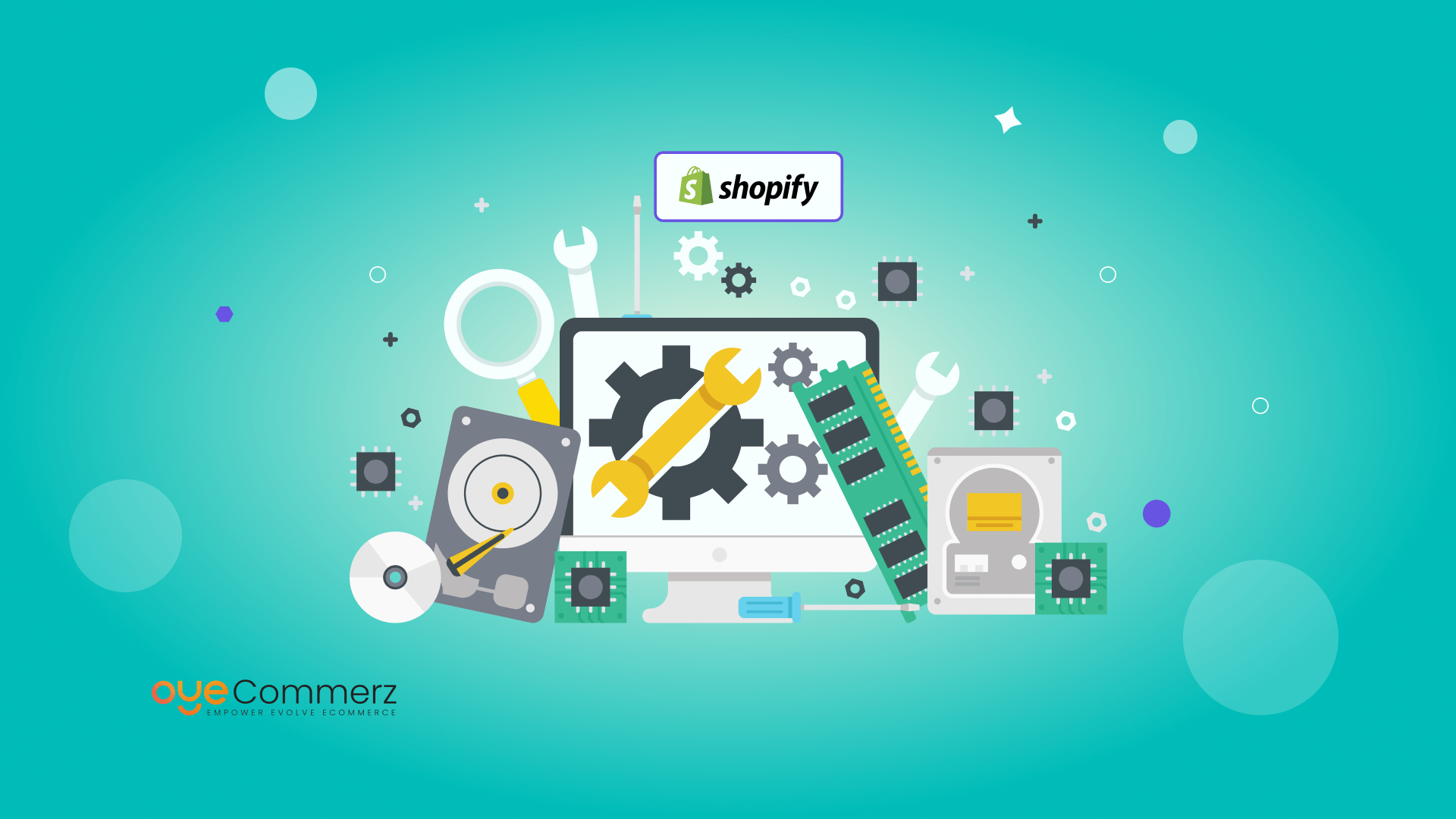Introduction
In the current competitive e-commerce landscape, standing out is essential, and one of the best ways to differentiate a Shopify store is through tailored app creation. A well-built Shopify app can boost store functionality, simplify processes, and elevate customer interaction. This article explores essential elements of Shopify app development, covering API integration and app ecosystem to scaling strategies and promotion methods, offering a roadmap for businesses seeking unmatched store performance.
The Importance of Shopify API Integration
Shopify’s API offers robust tools to customize and expand store capabilities. With the GraphQL and REST API options, developers can access data to build applications that handle inventory control, order handling, and customer data management smoothly. Integrating Shopify’s API can enable improved workflow automation and enables stores to serve customers more effectively.
Utilizing the Polaris Design System
Shopify’s Polaris is Shopify's set of design guidelines for creating user-friendly and easy-to-use Shopify apps. By following Polaris principles, developers ensure that apps integrate smoothly within the Shopify Admin experience. This ensures a cohesive appearance that resonates with Shopify merchants, promoting usability and comfort for merchants utilizing your custom app.
Navigating the Shopify App Ecosystem
The Shopify app ecosystem offers endless possibilities for improving online stores. From managing fulfillment processes to increasing customer interaction, apps in this ecosystem are tailored to meet various business needs. Familiarizing with this system helps developers in identifying unique app ideas and allows for seamless integration of external tools that add value to the store.
Building Embedded Shopify Apps
Embedded apps work seamlessly within the Shopify Admin, allowing a seamless experience for merchants. They ensure that merchants do not need to navigate away from their Shopify dashboard, streamlining their workflow. Using Shopify App Bridge and embedded app capabilities is recommended for providing a unified, integrated user experience.
Leveraging Node.js and React for Shopify Development
The technologies Node.js and React have emerged as ideal tools for Shopify app creation. Node.js enables high-performance back-end services, while React allows for interactive and adaptive front-end design. Combined, they offer an strong platform for creating speedy, growth-ready Shopify apps that enhance store performance and customer engagement.
Utilizing Webhooks in Shopify Development
Webhooks enable instant data updates between Shopify and an outside application. They initiate events such as new orders or stock changes and provide immediate alerts to your app. By implementing webhooks, apps can provide up-to-date information to store owners, streamlining workflows and boosting productivity.
Customer Engagement and Digital Marketing for Shopify Apps
To make a Shopify app successful, engaging customers is key. Utilizing digital marketing strategies like SEO, email marketing, and social media campaigns can increase app usage. Additionally, creating applications with customer interaction as a focus (e.g., loyalty programs or personalized suggestions) increases user retention and satisfaction.
Making Your Shopify App Scalable
As e-commerce stores expand, so do Enhance Shopify performance their technological needs. Ensuring that your app can scale to handle increased traffic, larger data sets, and more complex functionalities is essential. By improving server capacity and implementing scalable technologies, you can develop apps that expand in tandem with a store’s success.
Essential Features and Maintenance for Shopify Apps
For an app to be effective, it should offer essential features like Polaris design system user authentication, analytics dashboard, and customer support options. Ongoing app maintenance, with updates to fix bugs and ensuring compatibility with new Shopify features, is important to maintain continuous operation and prevent disruptions to business processes.
Conclusion
Custom Shopify app development holds vast potential for e-commerce businesses, providing the ability to improve performance, simplify operations, and build customer relationships. With API integrations and Node.js to ensuring scalability and customer interaction, creating a Shopify app requires careful planning and strategic execution. If you’re ready to elevate your e-commerce experience, a tailored Shopify application may be the ideal choice. What features do you see for your dream application? Share your ideas and begin the journey to an optimized e-commerce journey!
